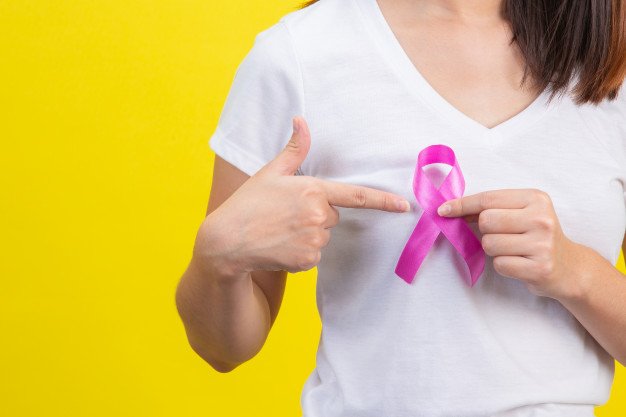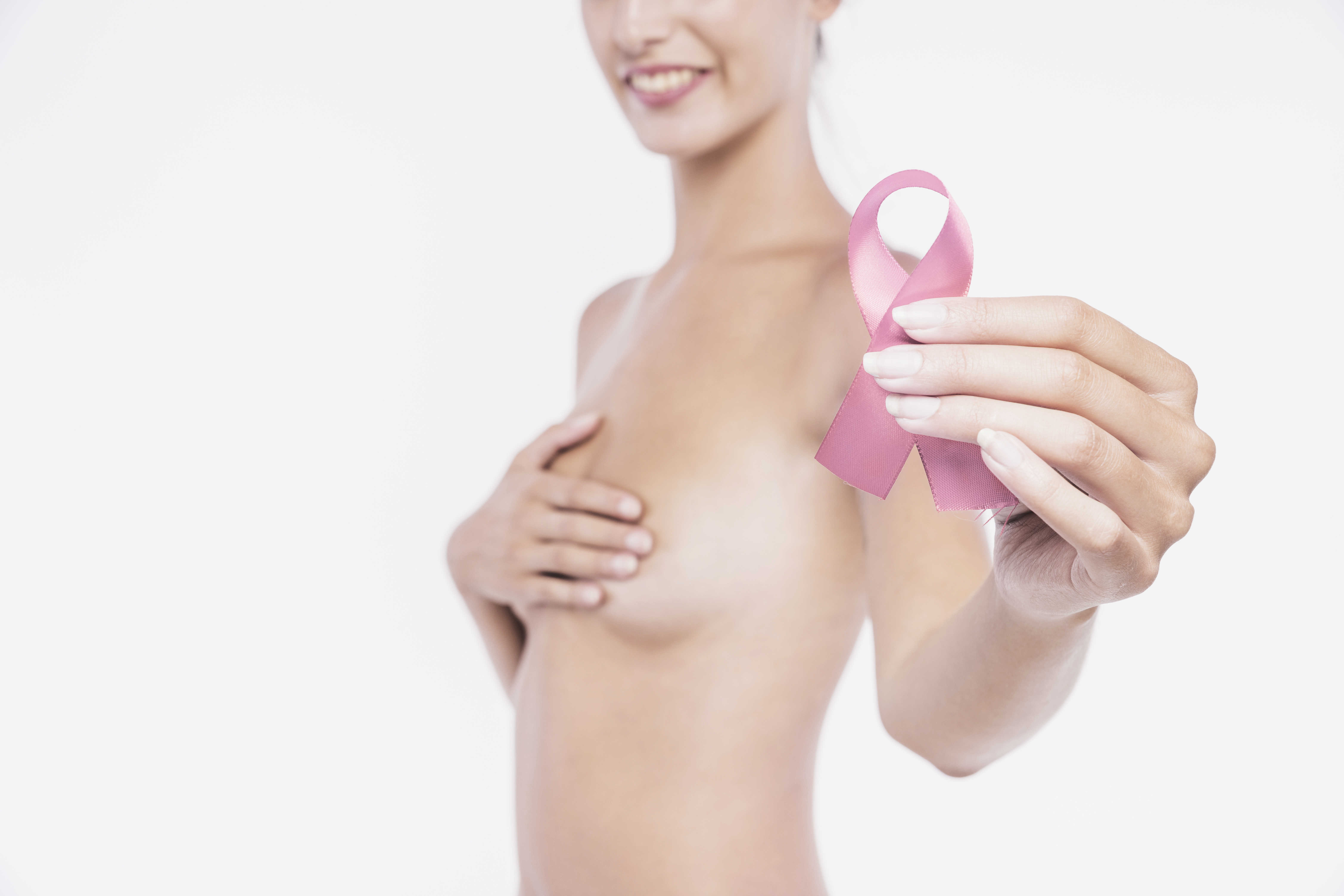Tag: breast cancer

Early Symptoms and Signs of Breast Cancer
October is the breast cancer awareness month. This tradition has been established in the 1980s and has been commemorated every year since. It is meant to raise awareness of this vicious disease affecting predominantly women. And a vicious disease it is. In fact, it is one of the biggest killers of women in the US, as well as the rest of the developed world. It is also one of the most diagnosed cancers. We asked professionals from Odonate Pharmaceuticals to share some insight into the early signs and symptoms of breast cancer, as well as possible treatment options available today. Early Symptoms Are Easy to Dismiss Breast cancer is not only a dangerous and widespread illness, but it can also be very subversive, particularly in the early stages. The symptoms and potential signs that something is wrong are easy to dismiss and can even go unnoticed. However, if you are diligent and check regularly, you should be able to notice any difference and seek advice from your doctor. Some people adopt the mindset that it is perhaps nothing and not important, but you really shouldn’t gamble with your health and seek help if you notice anything. Changes in the Feel of the Breast The earliest symptoms won’t be visible, but you will be able to feel them with your hand. Giving yourself regular breast exams is the simplest and safest way to ensure that you are able to spot any changes or problems early on. Some of these symptoms include the tenderness of the breast or a lump on the breast or the armpit region, enlargement of the pores in the region, or even a change in the texture of the skin (often described as orange peel sensation). Remember that even if you do spot these changes (particularly lumps), that doesn’t mean that it is cancerous. There are different types of lumps; however, just to be safe, any changes should be seen by a professional. Changes in the Appearance of the Breast The second level of potential early symptoms of breast cancer can be inspected visually as well. One of the most common of these is the unexplained change in size or the shape of the breast. This kind of problem is particularly noticeable if it is asymmetrical, i.e. affecting only one breast and not the other one. A more noticeable issue can be if the nipple is inverted or at least slightly turned inwards. This might be a stronger indication that something is wrong. If the skin of the breast is red, swollen, scaly, or with orange skin pattern, you really should consult a medical professional. Even if it is not a symptom of cancer, it is a concern which you should see as soon as possible. Nipple Discharge Finally, if you detect any kind of discharge from your breasts which you do not expect, it is a cause for concern. If the discharge is milky, most experts agree that this is not an indication of cancer, but should be investigated by a medical professional, nonetheless. On the other hand, if the discharge is clear, you ought to be responsible and see a doctor. The same thing applies in the case of bloody nipple discharge. Once again, even if it is not related to cancer, it is a cause for concern. Keeping yourself healthy may seem like a chore at first, but if you persist, you will find that this short and simple ritual is quite useful and that the benefits it provides far outweigh the trouble you put yourself through. Read Also: Can Breast Augmentation Cause Cancer? Breast Augmentation: Procedure, Benefits, And Risks 5 Types Of Cancer Prominent In Women
READ MOREDetails
Can Breast Augmentation Cause Cancer?
Many women worry about developing breast cancer. Especially, when it comes to any invasive procedures. According to breastcancer.org, one out of every eight women in the United States will develop invasive breast cancer at some point in her lifetime. Breast augmentation is one of the most popular cosmetic procedures in the world. More than 300,000 surgeries are performed in the United States every year. Their number is growing. Since breast augmentation is a full-scale surgery, which tampers with the tissues, many patients are worried about the possibility of developing such dangerous conditions as cancer. Can breast augmentation cause cancer? Let’s find out. Do Breast Implants Cause Cancer? Different research has been done to find out if implants can lead to cancer. According to Seattle breast augmentation surgeons at LaBelleVie and other board-certified doctors and qualified medical professionals, there is currently no evidence linking breast implants to breast cancer. The reason why some women may find out about cancer after or even before getting implants is linked to the fact that many tests are run before the surgery is performed. So patients discover tumors during the preparation procedures rather than after the implant is inserted. Even though breast implants haven’t been linked to the appearance of breast cancer, it may increase the risk of developing a certain type of cancer called Breast Implant-Associated Anaplastic Large Cell Lymphoma or BI-AALCL. BI-AALCL: BI-AALCL is an uncommon type of lymphoma, which occurs around the implants after breast augmentation is performed. It’s more common in women, who opt for breast implants that have textured surfaces. BI-AALCL is an immune system cancer NOT breast cancer. The risk of developing such cancer is rather low. One in about 30,000 women develops BI-AALCL after opting for breast augmentation with textured implants. If the condition is discovered early enough, it is easy to cure. The symptoms of this type of cancer include: Unexpected breast enlargement Breast asymmetry Lump in the breast or armpit Hardening of the breast Fluid collection If a patient experiences such symptoms, she must contact a doctor immediately in order to prevent cancer from spreading. BIA ALCL can occur in patients, who have chosen silicone or saline implants. It can be found regardless of the type of surgery, be it breast reconstruction or breast enlargement. As of today, no cases of women developing BI-AALCL after installing a smooth implant have been reported. If a patient opts for textured implants, she should be monitored by her doctor for several years after the surgery. Today, it’s not possible to run tests in order to understand which patients are prone to this disease. Should I Remove My Breast Implants? If you have textured implants, it doesn’t mean you will develop BI-AALCL. All the findings show that the risk of getting such cancer is quite low. Removing the implants is a drastic measure, which should be discussed with the surgeon and the physician. In the majority of cases, women with textured implants should be monitoring the condition of their breasts carefully in order not to miss the first signs of the disease. For the majority of patients with stage 1 BI-AALCL, the cancer is confined in a capsule. Early treatment involves surgical removal. The survival rate of patients with such cancer is 89% over 5 years. The rate is much higher for women, who are diagnosed early and who have the implant and the capsule removed timely. Conclusion: Does breast augmentation cause breast cancer? No. However, it can lead to an uncommon form of immune system cancer, which is well treatable if caught early enough. Read Also: 6 Proven Ways To Deal With Hair Loss For Women 7 Important Reasons For Breast Reduction Surgery
READ MOREDetails















